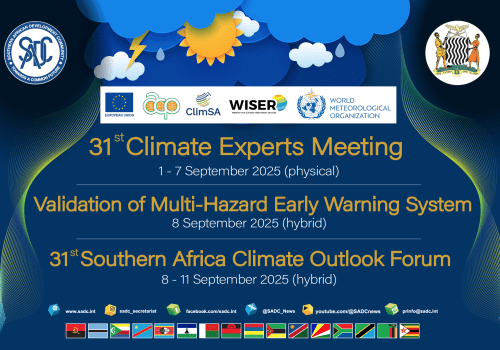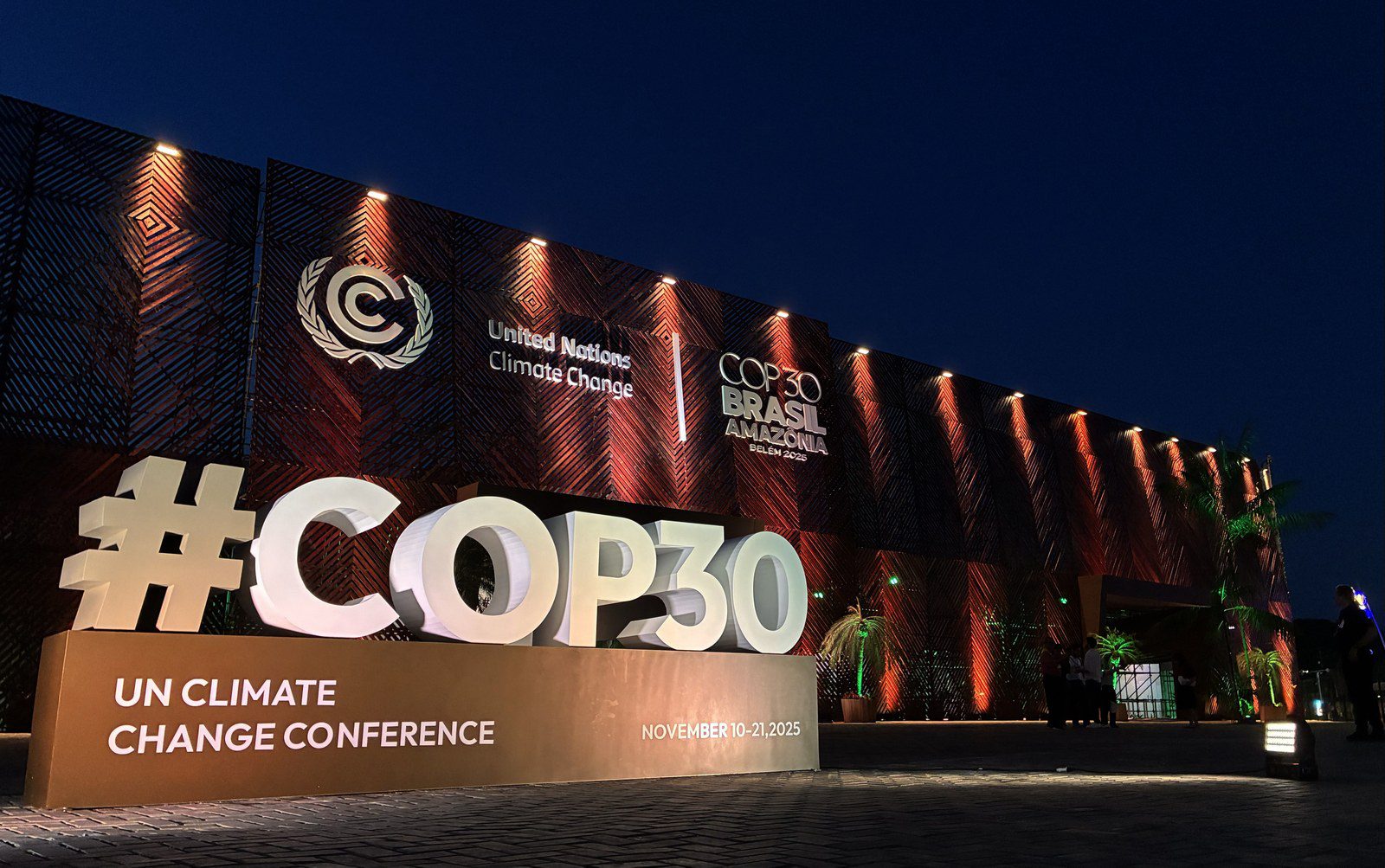The Southern African Development Community (SADC) will convene a series of high-level climate meetings in Lusaka, Zambia, from September 1 to 11, 2025, aimed at bolstering regional efforts in disaster preparedness and climate resilience.
The events, including the 31st Southern Africa Climate Outlook Forum (SARCOF-31), the Climate Experts Meeting, and a validation workshop for the SADC Multi-Hazard Early Warning System, are a joint initiative with the government of the Republic of Zambia and are financially supported by the European Union under the Intra-ACP Climate Services and related Applications Programme.
The central theme for SARCOF-31 is “Closing the Early Warning Gap Together within the SADC Region,” mirroring the 2025 World Meteorological Day theme.
The focus highlights the urgent need to improve timely and accessible climate information to protect vulnerable communities.
The forum will serve as a platform for experts and policymakers to discuss advancements in climate science and technology, with a particular emphasis on disaster risk reduction and anticipatory action.
The meetings are in line with the Global Framework for Climate Services and the SADC’s Regional Indicative Strategic Development Plan 2020–2030, both of which prioritise environmental sustainability and climate action for poverty reduction and food security.
A key component of the week-long discussions is the Climate Experts Meeting, where climate scientists from SADC member states will collaborate to produce the regional seasonal outlook.
The forecast provides critical guidance on expected rainfall and temperature patterns, allowing nations to prepare for potential droughts, floods, or other climate-related events.
The timely use of this information is vital for sectors such as agriculture, water management, energy production, and public health, helping to mitigate potential losses.
The agenda also includes a validation workshop for the SADC Multi-Hazard Early Warning System. This session will allow member states and stakeholders to review and provide feedback on the system’s draft framework and tools.
The goal is to ensure the system is practical, harmonized across the region, and collectively owned, thereby strengthening early warning capabilities and enabling coordinated responses to climate and disaster risks.
The collective aim of these engagements is to enhance regional collaboration and ensure that SADC nations are better equipped to manage the increasing threats posed by a changing climate.
Discover more from CLIMATE BRIEF
Subscribe to get the latest posts sent to your email.



